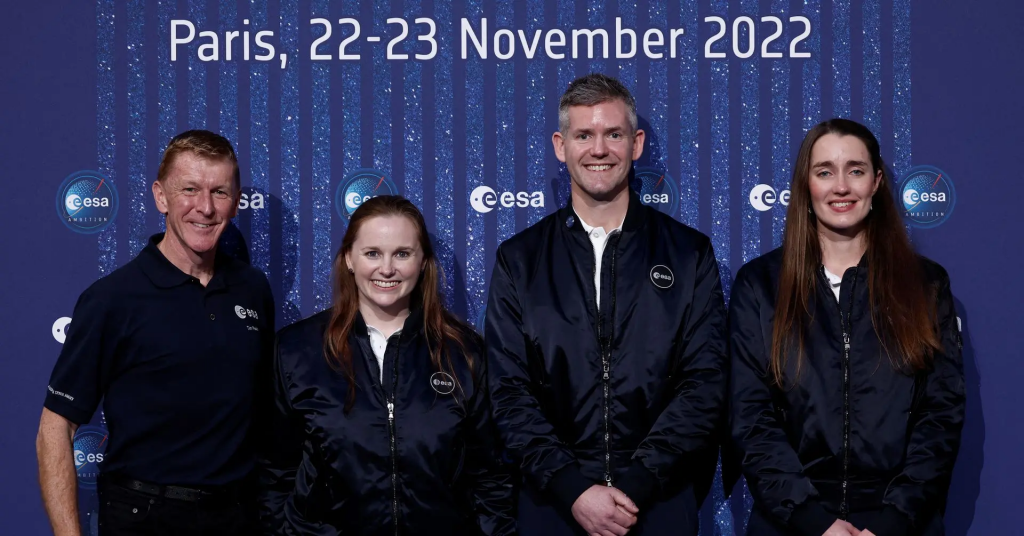The European Space Agency has announced the world’s first disabled astronaut or “parastronaut,” marking a significant step toward permitting people with physical limitations to work and live in space.
The next class will include “astronauts with a physical disability,” who will “begin a 12-month basic training program at ESA’s European Astronaut Center in spring 2023,” according to the agency.
The agency announced the appointment of British Paralympic sprinter John McFall to participate in a feasibility study during astronaut training to analyze the circumstances required for persons with impairments to participate in future missions.
“It’s been quite a whirlwind experience, given that as an amputee, I’d never thought that being an astronaut was a possibility, so excitement was a huge emotion,” McFall said in an interview posted on ESA’s website.
McFall’s recruitment is a first, but he still has a long way to go before he can be a member of a space mission. In England, he worked as a trauma and orthopedic specialist. Following a motorcycle accident, he had his leg amputated. He then represented Britain as a Paralympic sprinter at the 2008 Beijing Games, which included athletes with various physical disabilities.

After sifting through 22,500 acceptable applications, ESA appointed a new team of astronauts for the first time since 2009.

Last year, the ESA advertised opportunities for those who can pass it’s usual demanding psychological, cognitive, and other testing but are only precluded from becoming astronauts owing to hardware limits.
McFall will collaborate with ESA engineers to determine what hardware improvements are required to make professional spaceflight accessible to a broader range of qualified applicants, according to the agency.


